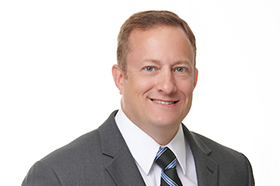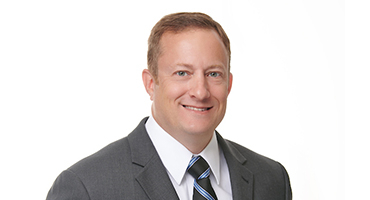Who would have thought that CFOs would be missing the spring of 2021?
In March 2021, inflation was at 2.7%. By March 2022, it had rocketed to 8.5%. A year ago, unemployment was still at 6%. This March the unemployment rate has plummeted below 4%, there are 1.8 job openings for every worker looking for work, the quit rate is hovering near a record high, and reports of labor shortages have intensified.
Last spring, most hoped that their supply chain issues were COVID-driven anomalies and that, with the first vaccines being rolled out aggressively, both the pandemic and those issues would recede quickly. Now, while the pandemic is better contained in most of the world, massive COVID shutdowns in China are roiling still-tangled supply chains that are further complicated by a major war in Europe that was not on the radar a year ago.
Last spring, the Fed was far more concerned with stimulating the recovery than it was about inflation. Now? In his March 3 testimony before Congress, Fed Chairman Jay Powell stated that he would do “whatever it takes to restore price stability.” On March 16, the Fed raised rates a quarter point - the first rate hike since 2018 - and more than doubled its trajectory for rate hikes in 2022 from just three months earlier. The specter that the hoped-for soft landing will tip over into a recession is a growing concern.
A little nostalgia for 2021 is not unwarranted. That shows in our CFO survey results for the first quarter of 2022. In just the last two quarters, the percentage of respondents that were optimistic about the U.S. economy over the next six months has slumped from nearly 70% to less than 50%. Inflationary concerns are the prime culprit. When asked what’s driving worries about the economy, three of the top four items cited related to rising costs.
Almost half of CFOs expect inflation to have a negative impact on prices in fiscal 2022. Increasing budgets for compensation, changing forecasting processes and capabilities, and raising prices are the strategies most commonly cited to address rising costs. Of note, 28% of respondents plan to increase their prices by more than the rate of inflation. “Inflation is not a monolith,” says Sean Denham, Grant Thornton National Audit Growth Leader and Office Managing Partner, Philadelphia office.
“It really depends on your cost drivers. Services companies are dealing with spiraling wages. Companies that are big energy consumers have to address rapid increase in energy costs. And not every market or consumer will react the same to price increases. It makes sense that companies will tailor pricing decisions based on their costs and their markets.”
While respondents are guardedly hopeful that rate hikes will control inflation in the next year, they are also concerned that they will push the economy into recession. When asked to rank the likely impact of the Fed’s proposed hikes in 2022 from 1 to 10, with 10 being the most likely result, 76% responded 6 or higher that rate hikes will cause a recession.
“Concerns about a possible recession coupled with the challenge of dealing with spiraling costs are definitely shaping strategy,” says Santilli. “I recently had the chance to speak with several board members from major companies, and they are tightening focus on core business functions and efficiency.”
Contacts:



Partner, Cyber Risk, Risk Advisory Services
Grant Thornton Advisors LLC
John is a Partner with Grant Thornton Cyber Risk Advisory Services. John has twenty (20) years of professional experience conducting number of large scale engagements in the following areas: security program strategy and implementation, security operations capability maturity and development, advanced intrusion analysis and cyber remediation.
Arlington, Virginia
Industries
- Insurance
- Technology, Media & Telecommunications
- Transportation & Distribution
- Banking
Service Experience
- Advisory Services



Managing Director, ESG & Sustainability Services
Grant Thornton US
Marjorie is a Managing Director in the SEC Regulatory Matters Group, with more than 15 years of experience in auditing, accounting and SEC reporting.
Arlington, Virginia
Trending topics

No Results Found. Please search again using different keywords and/or filters.
Share with your network
Share